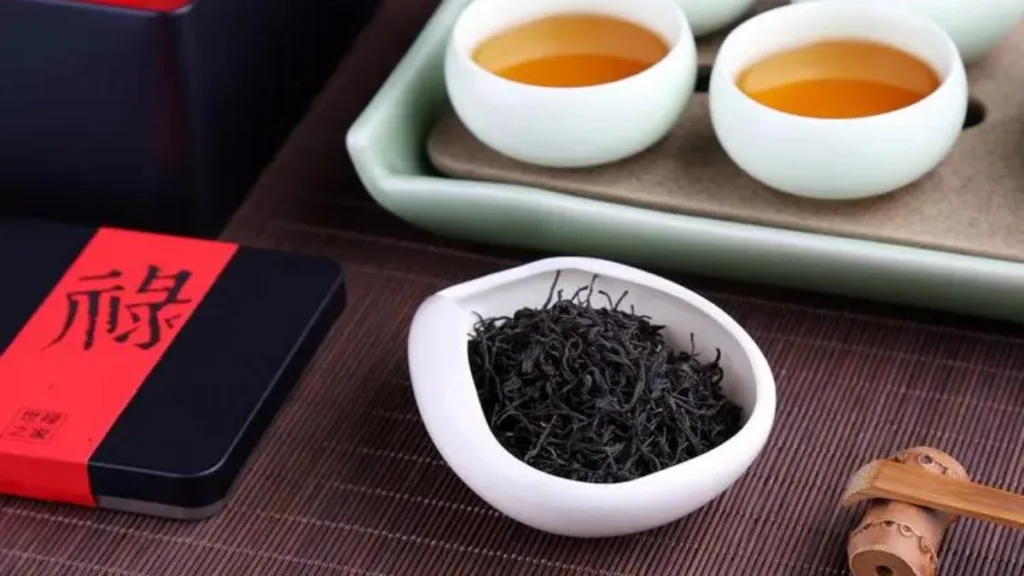Worldwide, tea ranks as the most consumed beverage after water. In addition to being rich in flavonoids like catechins and flavonols, tea is one of the few natural sources of the amino acid L-theanine. All types of tea, including black tea, originate from the leaves of the Camellia sinensis plant and contain L-theanine. But just how much L-theanine does black tea contain? Today, we delve into this question to better understand the L-theanine content in black tea.
L-Theanine Content in Black Tea:
According to Jan Velisek in the journal “Food Chemistry,” an average of 1.3% of dry black tea leaves consists of L-theanine. The concentration varies from 0.6% to 2.1%. For a 200-milliliter or 7-ounce brewed cup of black tea, this equates to approximately 25 to 60 milligrams of L-theanine. Black tea without caffeine contains slightly fewer amino acids, ranging from 0.7% to 1.8% of the dry weight.
Comparison with Other Teas:
In contrast to black tea, green tea is made from leaves that are not allowed to undergo oxidation. Compared to black tea, green tea generally has a higher L-theanine content, providing 0.8% to 2.7% of the dry weight. Oolong tea, made from partially oxidized tea leaves, can yield L-theanine at a rate of 9.2% of the dry weight. Herbal teas, not derived from Camellia sinensis leaves, are not a source of L-theanine.
Benefits of L-Theanine:
A study published in the “Asia Pacific Journal of Clinical Nutrition” in 2008 suggested that supplementing with L-theanine could increase participants’ brainwave frequencies, inducing a relaxed state while maintaining mental alertness. The researchers used 50 milligrams of L-theanine, more than what is typically found in a cup of black tea, and it remains unconfirmed whether drinking tea has the same effect on brainwaves as consuming L-theanine extracts. L-Theanine may also have an impact on anxiety and memory, although more research is needed to substantiate these claims.
Possible Side Effects:
Consuming large amounts of black tea to elevate L-theanine levels in the body may lead to side effects such as nausea, stomach discomfort, heartburn, irritability, difficulty sleeping, palpitations, and difficulty concentrating due to its caffeine content. Excessive black tea consumption may also affect the body’s absorption of folic acid and non-heme iron, present in plant-based foods. However, supplementing with L-theanine extracted from tea leaves is not known to have any adverse effects.
In conclusion, black tea contains a notable amount of L-theanine, contributing to its potential benefits for relaxation and mental alertness. Understanding the L-theanine content in black tea allows consumers to make informed choices based on their preferences and health considerations. While enjoying black tea in moderation can be a part of a healthy lifestyle, excessive consumption should be avoided to prevent potential side effects associated with its caffeine content. As with any dietary component, balance and moderation are key to deriving the maximum benefits from black tea.



